Guide Slider Introduction 1. Roller guide block is a precision linear rolling guide, with a high carrying capacity and high rigidity, the repeated action, start, stop the reciprocating frequency can be reduced in the case of high weight And transmission mechanism and power costs. 2. Roller guide block can get high sensitivity and high performance linear motion. In the case of heavy load or load, the elastic deformation is small and can get a smooth linear motion, no crawling. 3. Roller guide block because of its rolling body - roller in the rolling guide, and can automatically center, it can improve the positioning accuracy of the machine. 4. The roller in the roller guide block in the matrix in the circular motion, so the use of rolling rail block, not limited by the length of the machine bed, according to the size and selection of specifications to determine the number of rails. 5. Roller guide block application of a wide range of small size can be used in molds, instruments and other linear motion components, large size can be used for heavy machine tools, precision instruments of the plane linear motion, especially for NC, CNC machine tool. Basic structure: Roller guide block mainly by the body, the end cap, cage and rolling body and other components. One of the rolling body used for the roller. The rollers are constantly moving in the body and subjected to a certain load. Roller with a central guide, the movement can be automatically centering, so as not to shift, is conducive to movement under the load flexibility, and long life. Guiding System, Elevator Guiding System, Elevator Guiding System Design,Guide Slider Realever Enterprise Limited , http://www.cnelevator-parts.com
BRAND NEW !! For AUDI/VW 2.0T FSI AND TSI ENGINES
If you are not sure if this will work for your vehicle please contact us we will help you,
also if you need any help with installation will walk you through the process.Â
Â
Sandwich  type adapter that fits between the existing electrical solenoid and the  turbo charger housing. On the 2.0 FSiT TFSi turbo, built into the turbocharger housing, is a
 bypass facility. This allows charge air to be  recirculated around the turbo charger from the boost side back to the intake side. This re-circulation path is opened and closed by means of an  electrical connection from the engine management to a solenoid that is mounted on the turbocharger housing. As you accelerate , the turbo charger vanes are spinning and boost pressure is increased, literally blowing into the engine cylinders. While you change to a higher gear the throttle  valve to the engine closes. The problem here is that during this process the turbo is still spinning and the boost pressure that it is producing has no where to go. (This is a bit like putting you hand over a  hair dryer so the air cannot get out) What happens at this point is the  turbo starts to stall, the spinning vanes slow down and the boost pressure drops. When  the throttle valve opens again the turbo has lost its momentum, boost pressure and there is a pause or a "Lag" before the engine is producing the required power once again. To combat this loss of power and stress on the turbo, a re-circulation or diverter valve is used. When the throttle valve closes, the  engine management opens the re-circulation route around the turbo. This gives the charge air an alternative route and allows the turbocharger to  keep spinning so that when you accelerate again there is no "lag" or waiting period. This system works well and is adopted by nearly all vehicle manufacturers on turbo charged petrol engine applications. The only downside to this system is that a turbo chargers produce heat.  By recirculating the hot air back into the intake side of a turbo the temperatures increase. This is where the Blow Off or  Dump valve plays its part. By expelling the charge air to atmosphere rather than recirculating it, you do not increase the intake air temperature but you do allow the turbo to keep spinning. The side effect  which is unacceptable to most vehicle manufacturers is the noise of the  valve expelling the air. By fitting the adapter between the existing solenoid and the turbo housing (this involves removing only 3 bolts) the  air is re-directed to atmosphere rather than recirculated.
Â
Please note:
 For the twin charged 1.4 engine (Turbo and Supercharger) please see FMDV14TSi
Â
Fits:
For VW and Audi 2.0L FSI and TSI engines with for Bosch ME9 engine management systems.
Â
NOT ALL VEHICLE ARE LISTED ON THIS LIST JUST A FEW.
Â
For VW Golf MK5 2.0 FSI Turbo - 2005 - 2008
For VW Golf MK6 2.0 TSI Turbo - 2008 - Present
For VW Bora / Jetta 2.0 FSI Turbo - 2005 - 2010
For Audi A3 8P 2.0 FSI Turbo - 2003 - Present
For Audi A4 B7 2.0 FSI Turbo - 2005 - 2008
For Audi A4 B8 2.0 TSI Turbo - 2008 - Present
For Audi TT 8J 2.0 FSI Turbo - 2006 - Present
For Seat Leon MK2 2.0 FSI Turbo - 2005 - Present
For Seat Leon Cupra 2.0 FSI Turbo - 2006 - Present
For Seat Altea 2.0 FSI Turbo - 2004 - Present
For Seat Toledo 2.0 FSI Turbo - 2004 - 2009
For Skoda Octavia 2.0 FSI Turbo VRS MK2 1Z - 2004 - Present
For VW Passat 2.0 FSI Turbo B6 B7 - 2005 - PresentÂ
For Audi A6 C6 - 2004 - 2011
For VW Tiguan 5N - 2007 - 2008
For VW CC TSI 2009 - Present
Package including:
1 Set Blow off valve Adaptor with Bolts .(100% Brand New Never Used Or Installed)
All items are Brand New unless stated otherwise on the listing. We sell DIY (Do It Yourself) Items with a few exceptions. We take no responsibility in teaching you how to install. Professional installation is strongly recommended.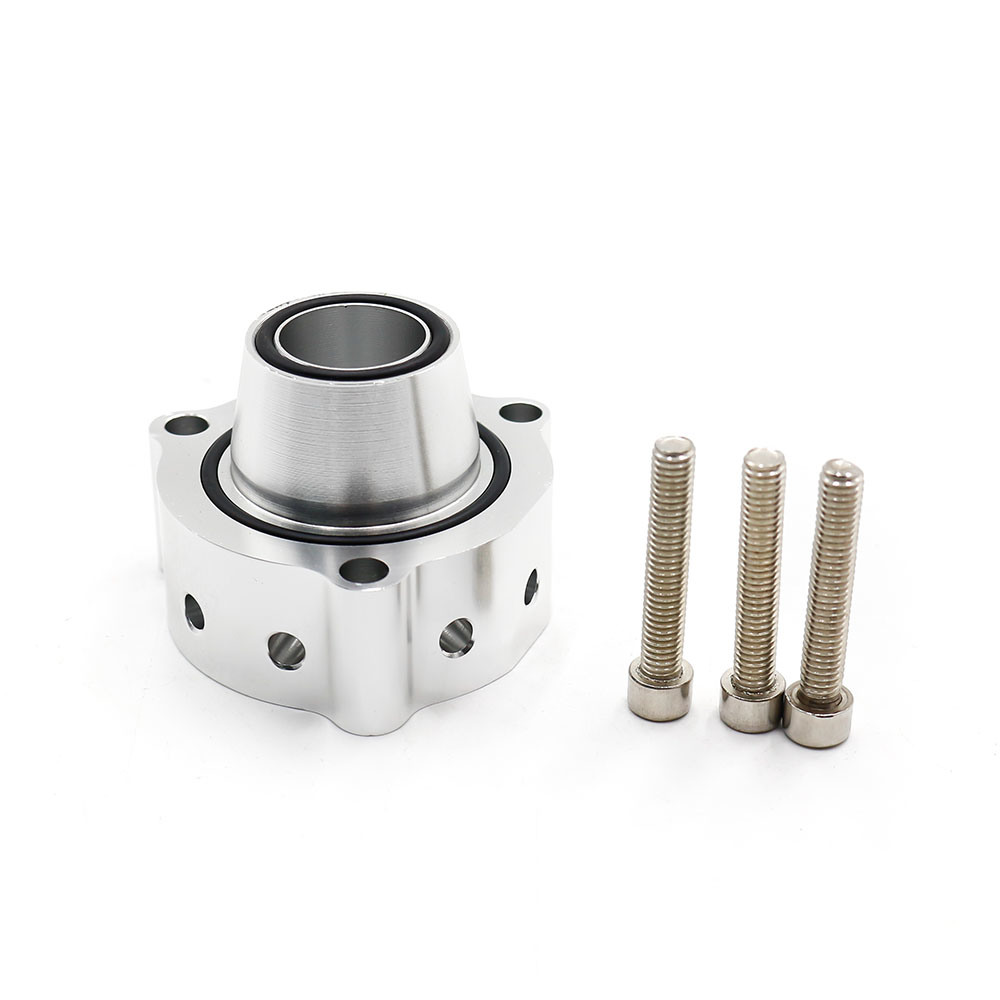
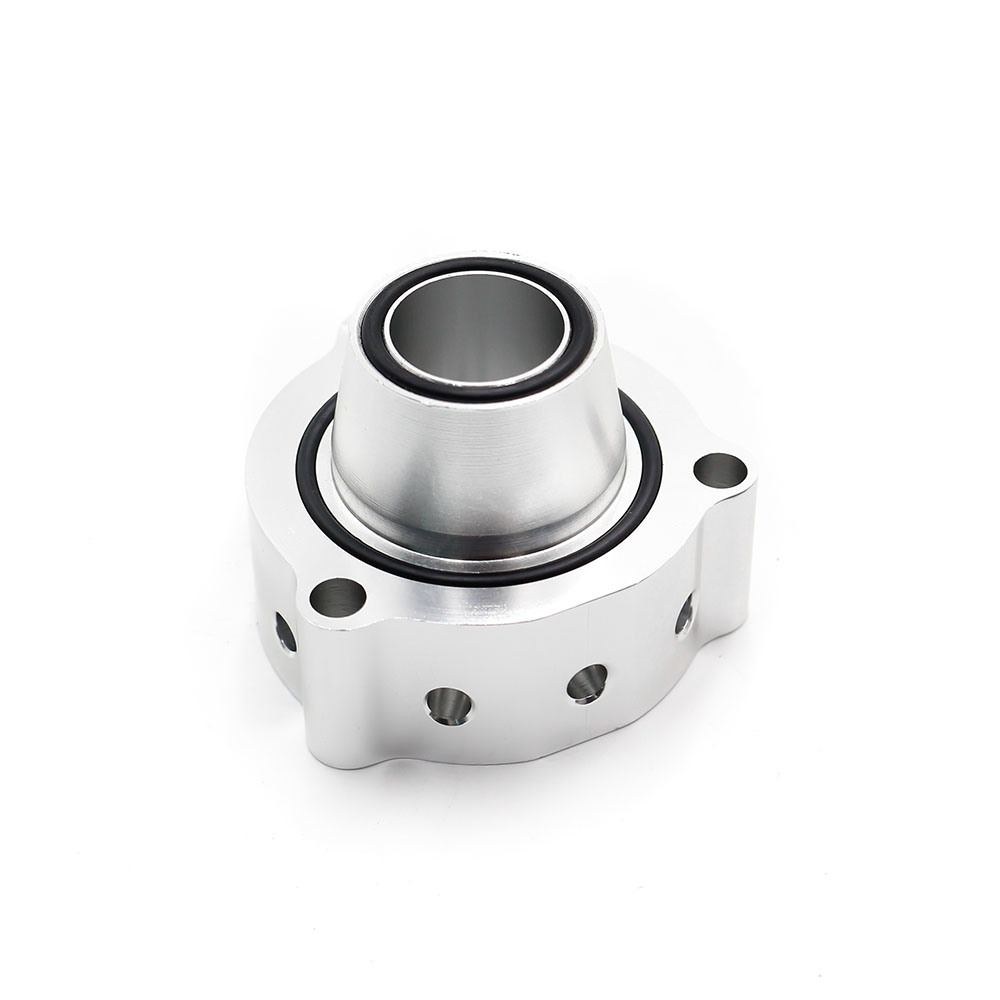
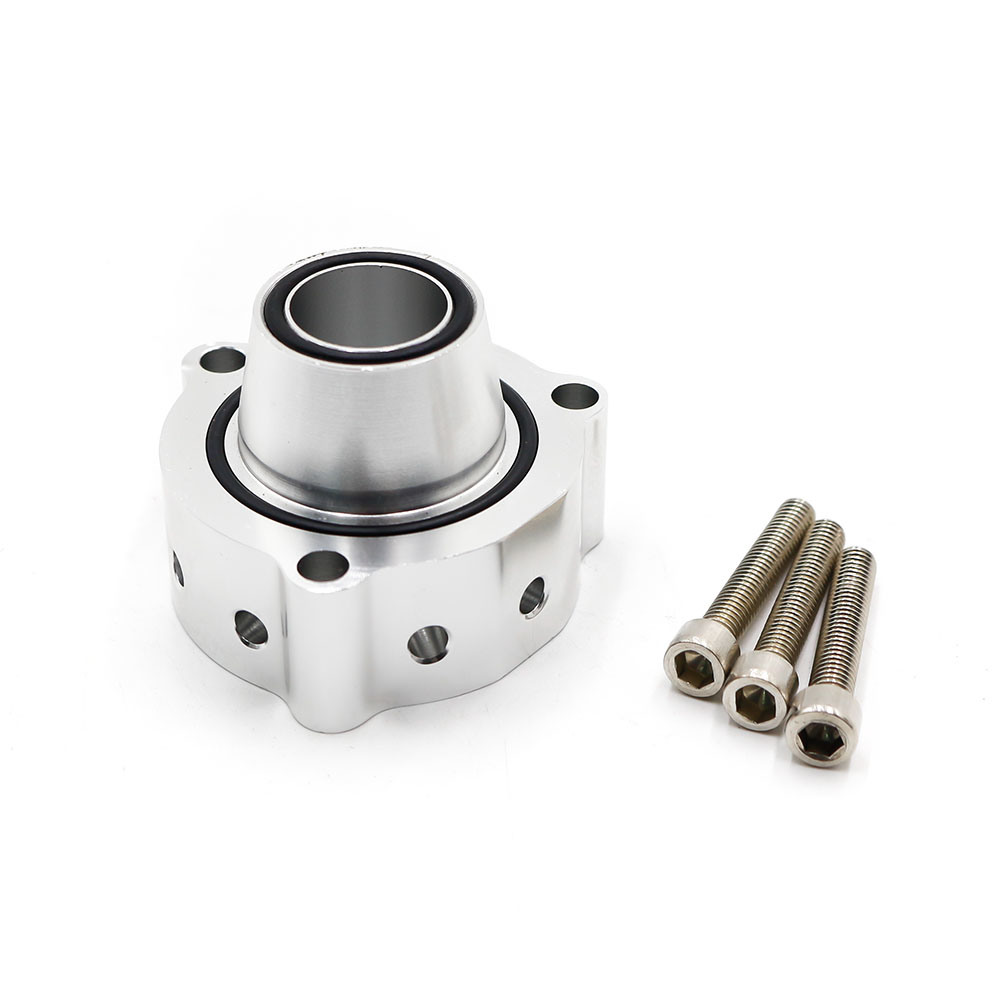
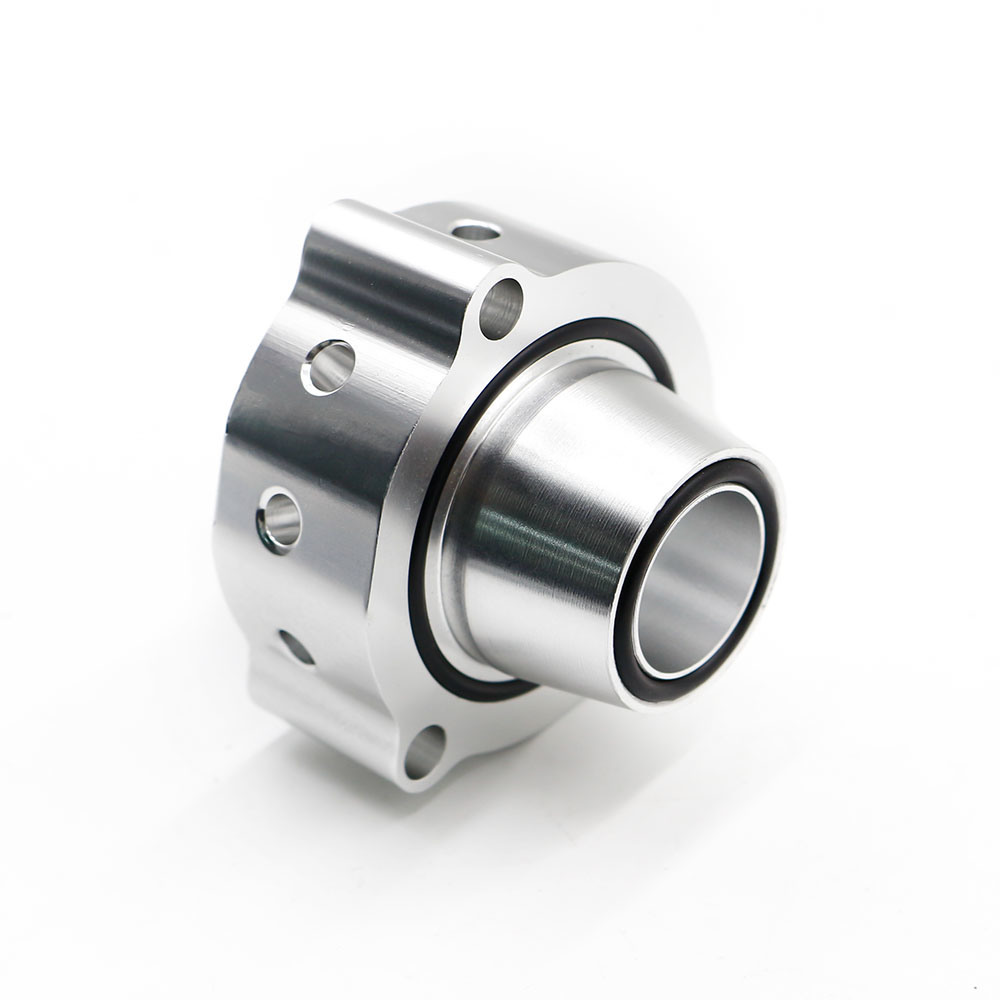
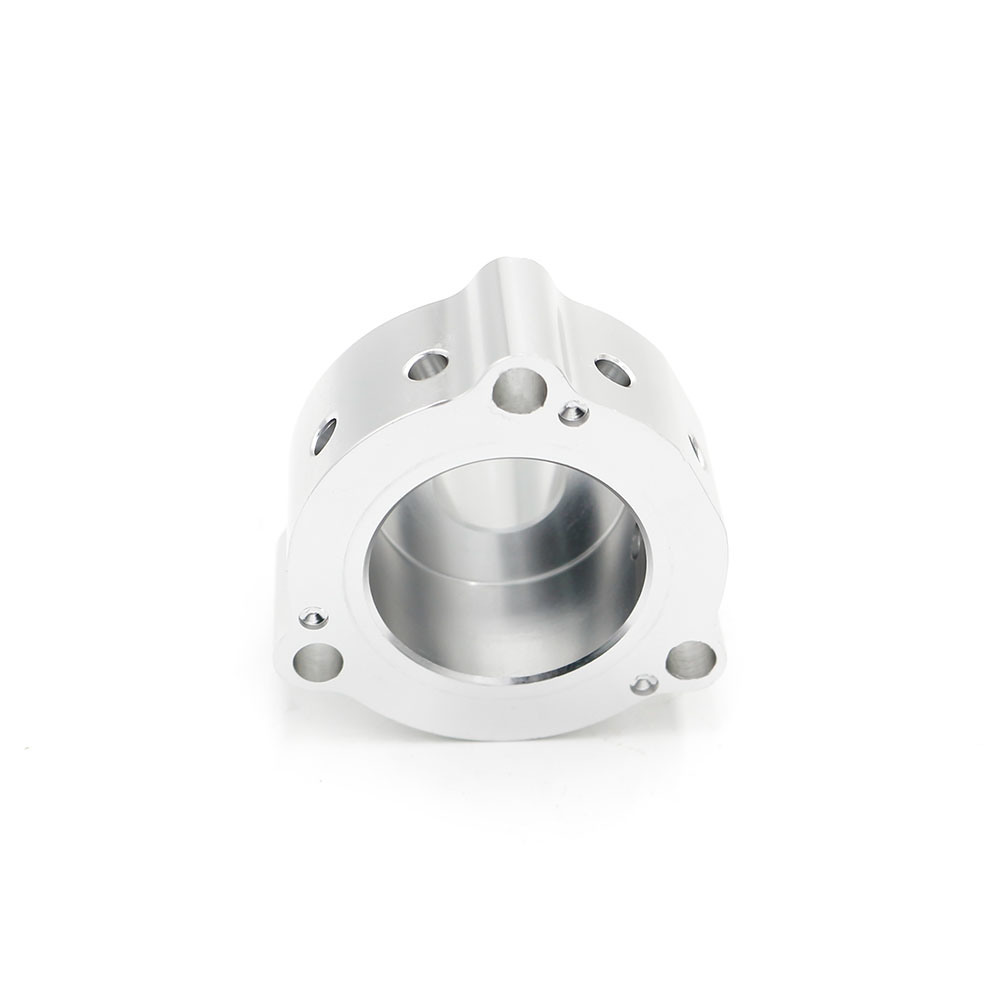
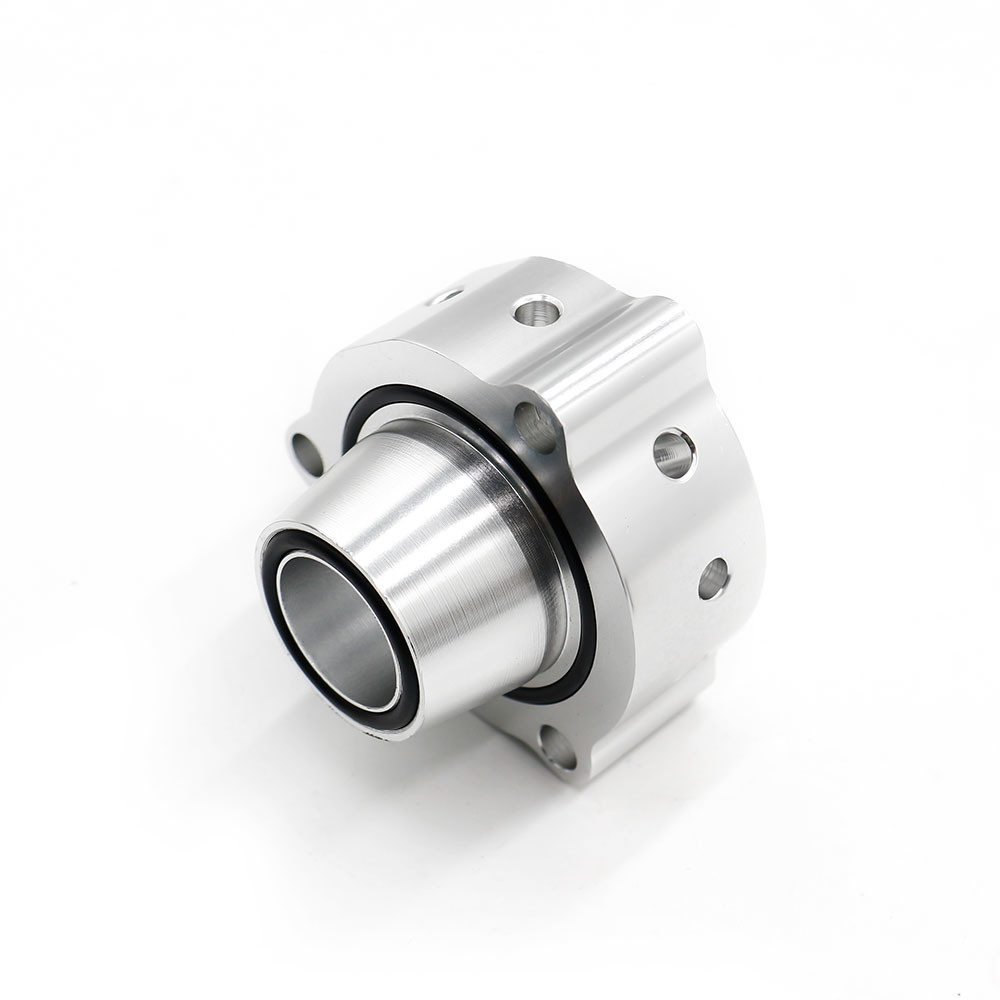
Â
Â
Bov Blow off Valve Adaptor for Volkswagen Audi
Model NO.: YC100375
Origin: China